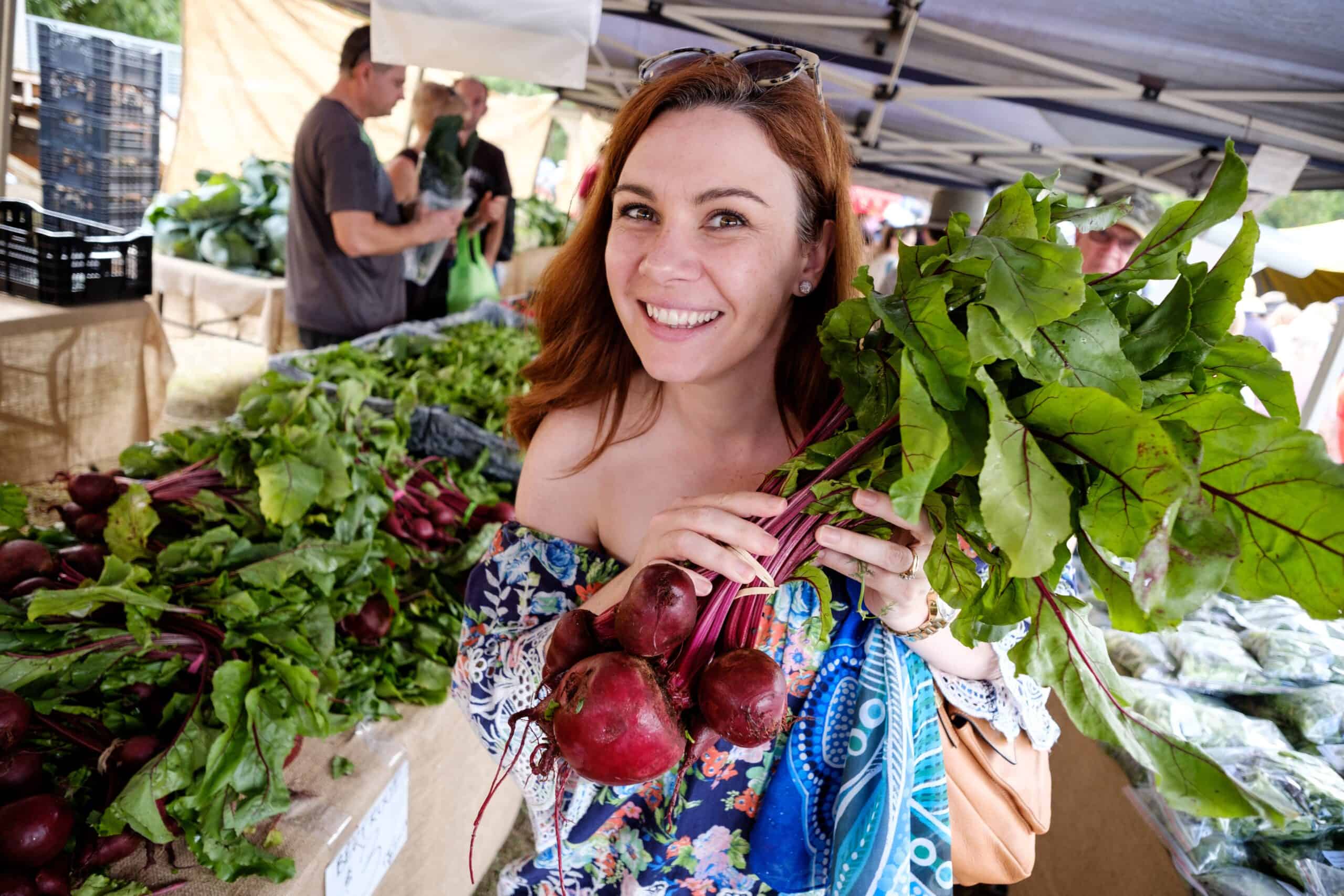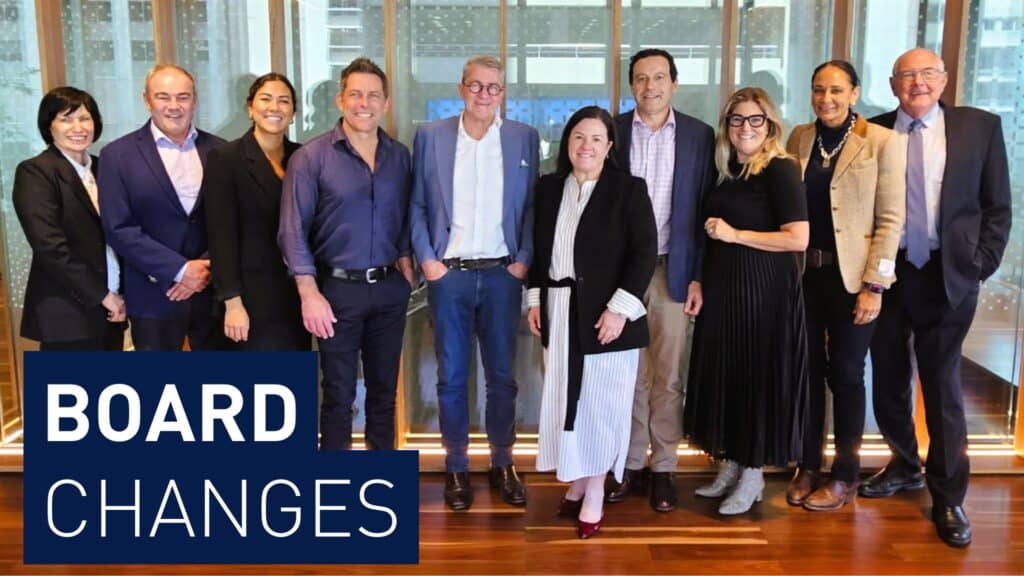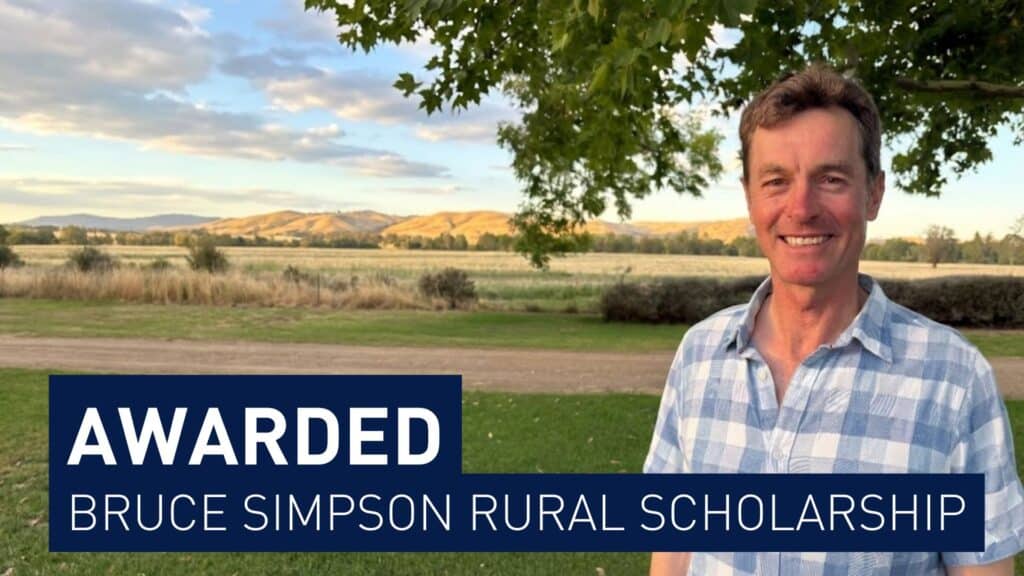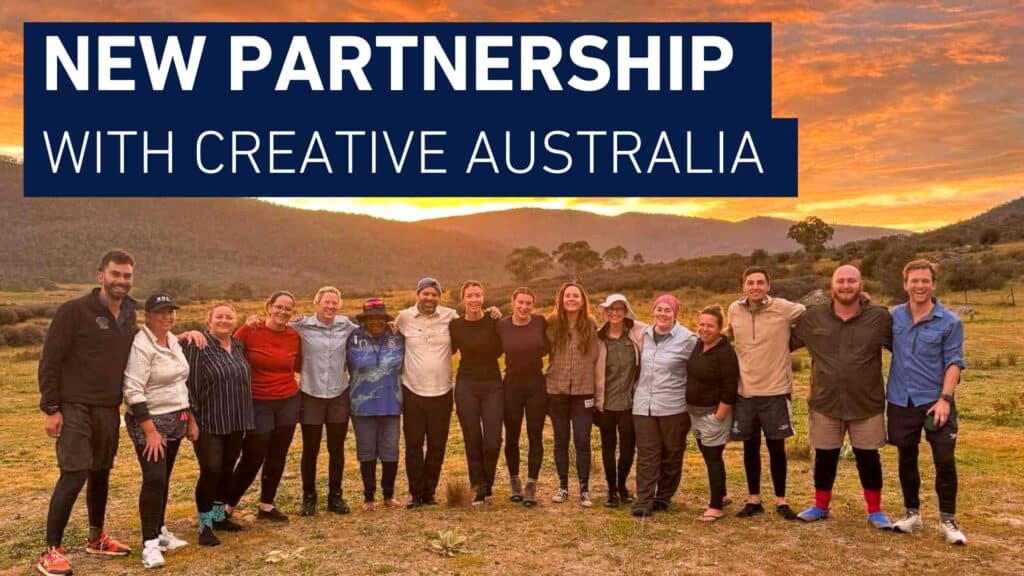Queensland’s Fraser Coast is known for green walls of sugar cane, white sandy beaches, and of course, the renowned Bundaberg Rum distillery. It’s a reputation that hasn’t changed much in generations, conjuring strong images and a distinct sense of place. But Ellie Tonkin, no stranger to a challenge, wants to change that.
It’s this thirst for connection and new opportunities that lured Ellie into completing the Wide Bay Burnett Leading Australian Resilient Communities (LARC) program offered by the Australian Rural Leadership Foundation and Regional Australia Institute.
She plans to use her newly acquired skills and networks to highlight the many other opportunities in and around the Fraser Coast. Those secret spots only locals know about, and the emerging industries will be a part of her mission. She wants to drive a community led campaign that makes the Fraser Coast one of the most diverse and dynamic regions in Australia.
Vocationally, Ellie is a marketer, with experience in a number of industries. She loves to sell ideas and places. Most recently, she has found herself promoting the Southern Great Barrier Reef, as the marketing manager for Bundaberg Tourism.
“I’m very driven by connection with people. My jam is networking. It’s making connection, meeting new people, and learning from them,” she says.
Designed to enhance the inherent strengths in regional communities, with a focus on groups and individuals who are committed and invested in where they live, the LARC program enticed Ellie with its promise to bring together professional participants from neighbouring regions.
“There is untold economic opportunity and social needs that are emerging across the region, but we need leadership that extends past the boundaries of elected leaders and industry representatives,” says Ellie.
After gaining new skills in leadership during the LARC program, Ellie can see herself filling the void and be part of the solution to bringing neighbouring communities together.
“After the LARC program I am feeling more empowered to push for change through the platforms I currently have access to, and to put myself forward to seed further growth.”
All participants in the LARC program complete a group project, and because of her background in the arts and economic development, as well as tourism, Ellie was naturally pulled into the ‘liveability’ topic.
“In order for a city or town to be economically prosperous, it needs the lifestyle aspects that are going to attract people in the creative community- that’s where economic growth comes from. For me, the concept of creating social infrastructure and cohesion in a community is vital,” she said.
The group was concerned that a large proportion of their communities aren’t being consulted in surveys or research because they were either living on the fringes, not very tech savvy or just unwilling to share their information.
As opposed to relying on the traditional methods of surveying and email lists, the cohort highlighted a need for broader outreach approaches, such as market stalls and one on one engagements, ensuring a wider impact for the entire community and beyond. Ellie’s group took matters into their own hands and started conversations themselves, building an ‘engagement toolkit’ for groups to use and also to share with other organisations.
“It’s very much about taking yourself to the people and finding ways to engage with them. It’s still in a prototype format, but we’re hoping to roll it out to a number of organisations and test it soon,” she said.
“I think it was also interesting that because we were in the LARC program, we not only were able to make something that’s going to instigate change, but also examine our own behaviours. It’s been fascinating.”
But perhaps the biggest influence to come out of the LARC program, was Ellie’s own personal call to arms. Having lived in the area for six years, she’s immersed herself in committees and community groups, but still feels like an interloper. In hindsight, she realises that she had the knowledge to have had greater impact but didn’t feel like she’d been taken seriously.
“The LARC program has made me realise that I do have a place at the table and it’s OK for me to speak up,” she said.
“Because of the leadership principles like strategy and engagement that we discussed, I have more courage to back myself- I do know what I’m talking about and we will have richer communities if people share more expertise.”
Ellie now sees it as her responsibility to put her opinion forward because she’s advocating on behalf of an industry, a community, and a region.
“It’s time for me to get off the fence, pick a side and throw my opinion out there.”
It’s also made her stocktake her roles on committees and clarify what influence she can have and where her effort is best placed, or best suited to someone else’s expertise. She’s also looking forward to having a greater voice in the community.
“I have long looked on the strong regional leaders I support with admiration, and I realise that the time to step into similar roles is arriving,” she says.
“I’ve never found a place like Bundaberg. It’s an extraordinary community and the LARC cohort have been so supportive. I’ve never felt so wrapped in love by a bunch of people that I didn’t even know existed.”





